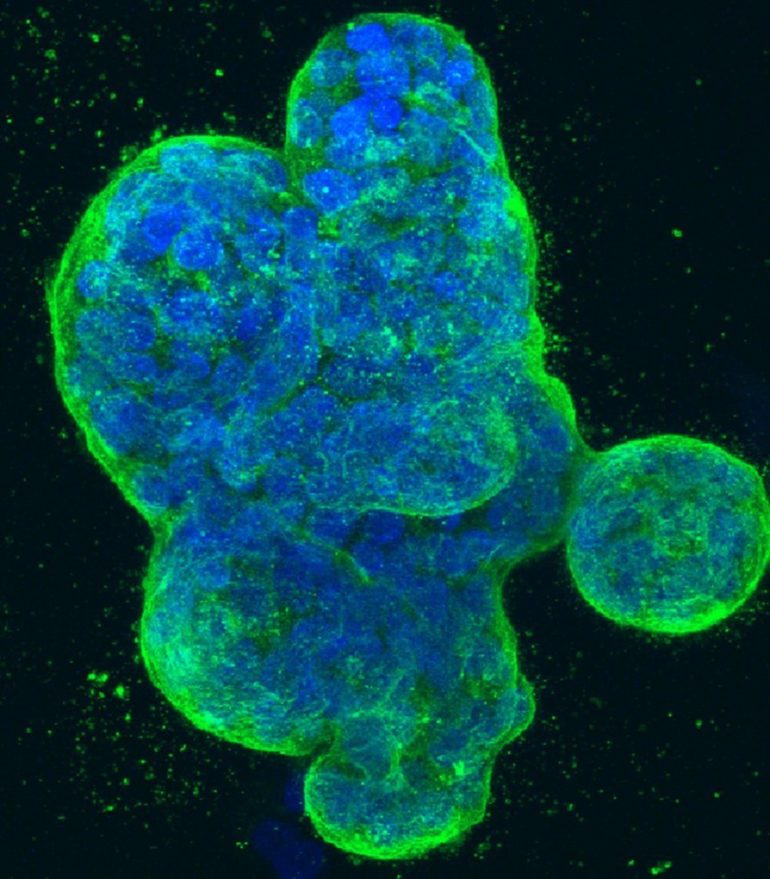Researchers at Tulane University School of Medicine identified a gene that causes an aggressive form of breast cancer to rapidly grow. More importantly, they have also discovered a way to “turn it off” and inhibit cancer from occurring. The animal study results have been so compelling that the team is now working on FDA approval to begin clinical trials and has published details in the journal Scientific Reports.
The team led by Dr. Reza Izadpanah examined the role two genes, including one whose involvement in cancer was discovered by Tulane researchers, play in causing triple negative breast cancer (TNBC). TNBC is considered to be the most aggressive of breast cancers, with a much poorer prognosis for treatment and survival. Izadpanah’s team specifically identified an inhibitor of the TRAF3IP2 gene, which was proven to suppress the growth and spread (metastasis) of TNBC in mouse models that closely resemble humans.
In parallel studies looking at a duo of genes—TRAF3IP2 and Rab27a, which play roles in the secretion of substances that can cause tumor formation—the research teams studied what happens when they were stopped from functioning. Suppressing the expression of either gene led to a decline in both tumor growth and the spread of cancer to other organs. Izadpanah says that when Rab27a was silenced, the tumor did not grow but was still spreading a small number of cancer cells to other parts of the body. However, when the TRAF3IP2 gene was turned off, they found no spread (known as “metastasis” or…


